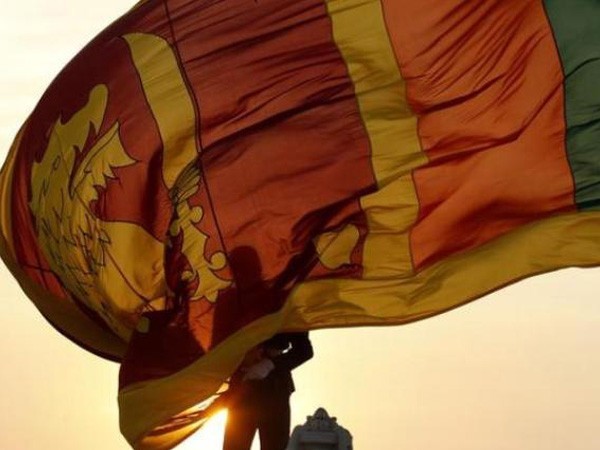Lanka’s controversial 21st Amendment to Constitution likely to come up for Cabinet approval on Monday: Justice Minister

- Country:
- Sri Lanka
Sri Lanka’s Minister of Justice has said that the 21st Amendment to the Constitution will be referred to the Cabinet for approval on Monday, a media report said on Sunday, paving the way to curb the unfettered powers of embattled President Gotabaya Rajapaksa.
The 21st Amendment is expected to annul the 20A which gave unfettered powers to President Gotabaya Rajapaksa after abolishing the 19th Amendment which had made Parliament powerful over the president.
The amendment would make it impossible for those with dual citizenship to hold a seat in Parliament, the News First news portal quoted Minister of Justice Dr. Wijayadasa Rajapaksa as saying.
President Gotabaya Rajapaksa, who is facing growing demand for his resignation for mismanaging the country's economy, had relinquished his US citizenship in April 2019 before contesting the presidential elections.
In addition to the existing Independent Commissions, the National Audit Commission and the Procurement Commission will be amended as Independent Commissions, the report said.
Wijeyadasa Rajapaksa said that the 21st Amendment to the Constitution seeks to further strengthen the powers of the existing commissions and to make them independent as well.
The minister said that the new amendment also proposes for the appointment of the Governor of the Central Bank to come under the Constitutional Council.
The powerful Rajapaksa family tightened their grip on power after their massive victory in the general elections in August 2020, which allowed them to amend the Constitution to restore presidential powers and install close family members in key positions.
In his 2019 presidential bid, Gotabaya Rajapaksa won a convincing mandate for a presidency during which he sought full presidential powers over Parliament.
Sri Lanka is grappling with an unprecedented economic turmoil since its independence from Britain in 1948.
A crippling shortage of foreign reserves has led to long queues for fuel, cooking gas, and other essentials while power cuts and soaring food prices heaped misery on the people.
The economic crisis has also triggered a political crisis in Sri Lanka and a demand for the resignation of President Gotabaya Rajapaksa. The crisis has already forced prime minister Mahinda Rajapaksa, the elder brother of the president, to resign on May 9.
An inflation rate spiraling towards 40 percent, shortages of food, fuel, and medicines, and rolling power blackouts have led to nationwide protests and a plunging currency, with the government short of the foreign currency reserves it needed to pay for imports.
(This story has not been edited by Devdiscourse staff and is auto-generated from a syndicated feed.)
ALSO READ
UPDATE 6-Trump taps ex-Fed insider Warsh to lead world's top central bank
UPDATE 5-Trump taps ex-Fed insider Warsh to lead world's top central bank
UPDATE 7-Trump taps ex-Fed insider Warsh to lead world's top central bank
Warsh 'regime change' faces steep hurdles at a sprawling US central bank
UPDATE 2-Trump picks former Fed official Warsh to run US central bank










